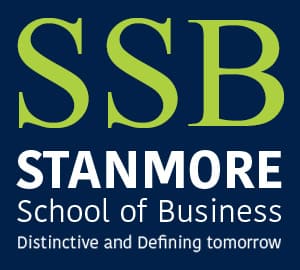Professional Certificate in IoT Sensors and Actuators: A Catalyst for Career Growth
-- viewing nowIoT Sensors and Actuators are revolutionizing industries worldwide, and professionals seeking to stay ahead in this rapidly evolving landscape can now upskill with our Professional Certificate program. This comprehensive course is designed for aspiring IoT professionals, engineers, and technicians looking to enhance their knowledge and skills in IoT sensor and actuator technologies.
7,273+
Students enrolled
GBP 140
GBP 202
Save 44% with our special offer
About this course
100% online
Learn from anywhere
Shareable certificate
Add to your LinkedIn profile
2 months to complete
at 2-3 hours a week
Start anytime
No waiting period
Course details
Career path
| Role | Job Market Trend | Salary Range (UK) |
|---|---|---|
| IoT Sensor Engineer | High demand (40%) | £45,000 - £65,000 |
| IoT Actuator Developer | Increasing demand (30%) | £38,000 - £55,000 |
| IoT System Integrator | Steady growth (20%) | £50,000 - £70,000 |
| IoT Data Analyst | High demand (50%) | £30,000 - £45,000 |
Entry requirements
- Basic understanding of the subject matter
- Proficiency in English language
- Computer and internet access
- Basic computer skills
- Dedication to complete the course
No prior formal qualifications required. Course designed for accessibility.
Course status
This course provides practical knowledge and skills for professional development. It is:
- Not accredited by a recognized body
- Not regulated by an authorized institution
- Complementary to formal qualifications
You'll receive a certificate of completion upon successfully finishing the course.
Why people choose us for their career
Loading reviews...
Frequently Asked Questions
Course fee
- 3-4 hours per week
- Early certificate delivery
- Open enrollment - start anytime
- 2-3 hours per week
- Regular certificate delivery
- Open enrollment - start anytime
- Full course access
- Digital certificate
- Course materials
Get course information
Earn a career certificate

